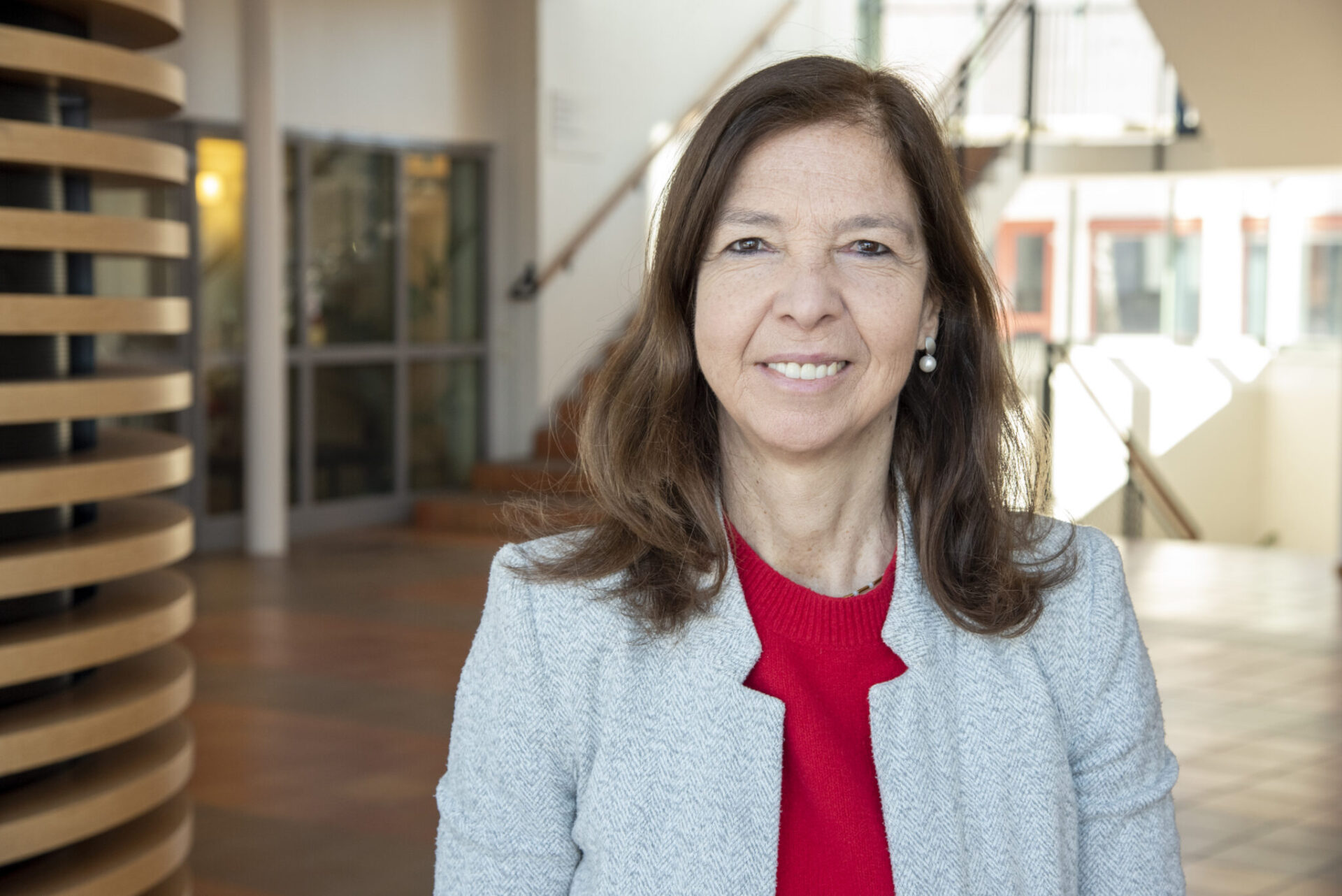Ana Paiva, professor of computer science, received a visiting professorship through WASP and became new visiting professor in January. Her research is in developing AI systems that can interact and collaborate with humans – the way humans do amongst themselves.
“More research and development is needed to make AI socially intelligent,” says Ana Paiva.
In her research, Ana Paiva develops the ability for AI, artificial intelligence, to pay attention to and understand social signals. AI should be able to manage and participate in social interactions, for example, by adapting to humans and acting responsibly.
“As the presence of AI in our lives increases, as well as our dependency on decisions made by AI, this could lead to negative consequences that undermine our social values or sense of responsibility towards others. So, it’s vital that we develop AI technology that is socially intelligent,” says Ana Paiva.
The pace of development in the field of AI is increasing too. The tremendous impact that ChatGPT has had since its launch last year has demonstrated the significance of promoting collaboration and human kindness in the interaction between humans and artificial intelligence. With her research, Ana Paiva hopes to lay the foundation for a whole new research field – where AI understands, predicts, and promotes social behaviour. She calls it “prosocial AI.”
“The aim of prosocial computing or prosocial AI is that AI models and robots will learn to interact and communicate with humans, showing consideration and kindness.”
Ana Paiva divides her time as a visiting professor between Örebro University and Umeå University. At the University of Lisbon, she leads the research group GAIPS, the Group of AI for People and Society.
“As a visiting professor at two universities within WASP, I have a unique opportunity to explore this area of AI.”
The collaboration with Örebro University includes, among other things, robots that promote social cooperation through their ways of acting and interacting. Örebro University and Umeå University are involved in forming a research network and establishing the new research field.
“I greatly admire the dynamics of the AI community in Sweden – and I hope to contribute to its development while also forging closer ties between Sweden and Portugal,” explains Ana Paiva.
The springboard for the collaboration will be a workshop where researchers from both Örebro and Umeå will participate.
“I also hope to be able to involve other universities within the WASP programme in our work.”
Published: August 18th, 2023



